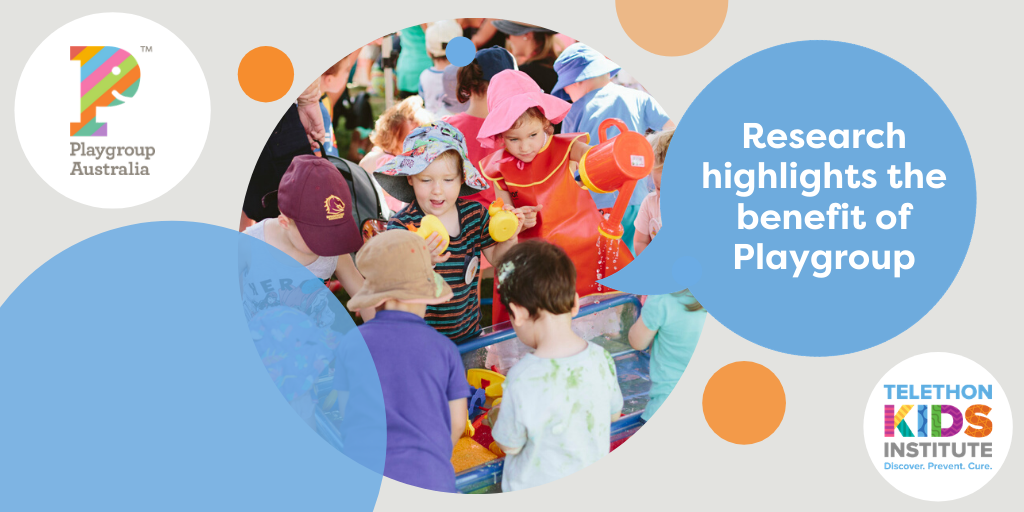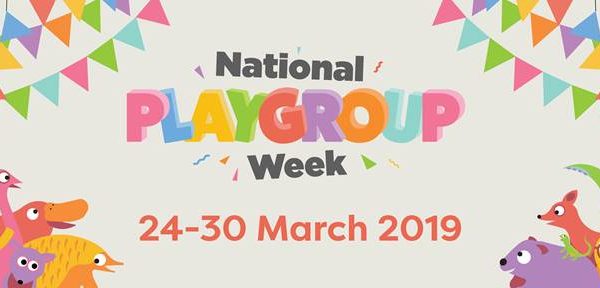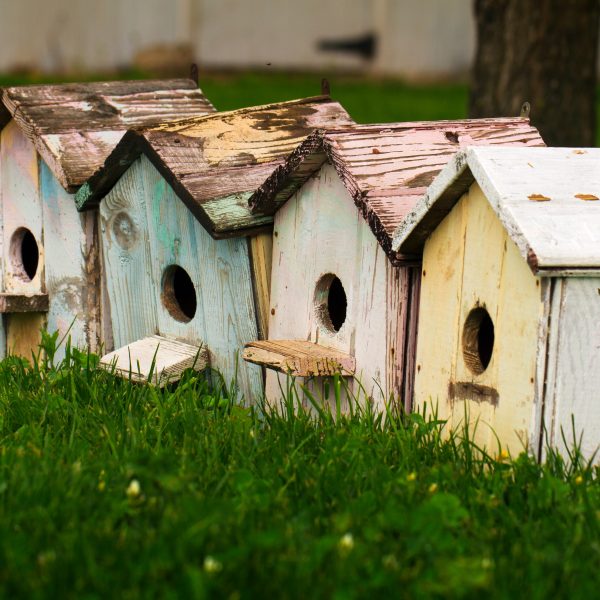Children attending playgroup are more ready for school, new research finds

New research commissioned by Playgroup Australia, using Australian Early Development Census (AEDC) data as a comparison point, has found that Australian children who have not attended playgroup are over 1.7 times more likely to be developmentally vulnerable.
Playgroup Australia engaged Telethon Kids Institute researchers to investigate the relationship between playgroup attendance and children’s early development, building on previous playgroup studies, comparing 2012, 2015 and 2018 AEDC data, demonstrating how participating in playgroup makes a difference to children.
In 2012 AEDC data was collected for 289,973 children, in 2015 data was collected for 302,003 children, and in 2018 data was collected for 308,953 children, providing a rich population-wide data source, a Playgroup Australia spokesperson said.
Report authors Alanna Sincovich, Dr Yasmin Harman-Smith, and Dr Sally Brinkman had a number of key findings, including:
- Nationally, children who did not attend playgroup were 1.71 times more likely to be developmentally vulnerable on one or more domains of the AEDC compared with children who attended playgroup.
- More than 1 in 3 children attended playgroup before starting school in 2018. Suggesting more than 112,000 children who commenced school in 2018, attended Playgroup between birth in 2012-13 and 2018.
- Playgroup attendance was highest amongst children living in remote and very remote Australia and this has increased considerably over time.
- The gap between the percentage of children attending playgroup in the most and the least disadvantaged communities has narrowed.
- Playgroup attendance by children with an Aboriginal background or with a language background other than English has increased over time and is now 1 in 4 children nationwide.
Dr Brinkman, Head of Child Health Development and Education at Telethon Kids, explained the significance of the findings, noting that children who attend playgroup are more likely to start school ready to continue their learning and development.
“This finding has remained consistent for children across three national data collections over seven years, so we can be confident in the positive relationship between playgroup and children’s early development,” she added.
Playgroup isn’t just “fun for kids and a break for parents”, Playgroup Australia CEO Fiona May said, pointing to the research which confirms that playgroup assists children form the fundamental skills they need when they start school across all five developmental domains, physical health and wellbeing, social competence, emotional maturity, language and cognition and communication skills.
“We also know that participating in playgroup is good for parents and that this too has a positive impact on children’s development” she added, saying Playgroup Australia is “delighted that this research confirms earlier studies showing that coming to playgroup helps children get a good start.”
A variety of playgroups exist around the country, ensuring that every family can find one that’s right for them, and families that would like to join a playgroup are encouraged to contact their state or territory playgroup organisation to find a playgroup nearby.
More information about Playgroup Australia, including locations of playgroups around the country, is available here.
To access the research into the value of Playgroups in preparing children for school, please see here.
Popular

Workforce
Policy
Quality
Practice
Provider
Research
ECEC must change now, our children can’t wait for another inquiry
2025-07-02 07:47:14
by Fiona Alston

Events News
Workforce
Marketplace
Practice
Quality
Provider
Research
An exclusive “Fireside Chat” with ECEC Champion Myra Geddes
2025-07-01 11:25:05
by Fiona Alston

Workforce
Practice
Provider
Quality
Research
Supporting successful transitions: Big moves, big feelings
2025-06-26 11:00:30
by Fiona Alston











